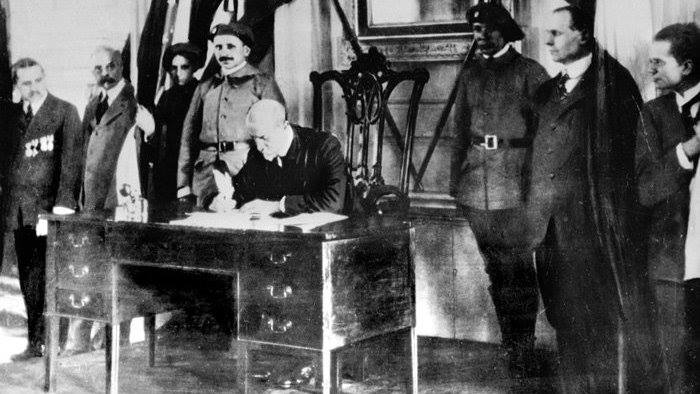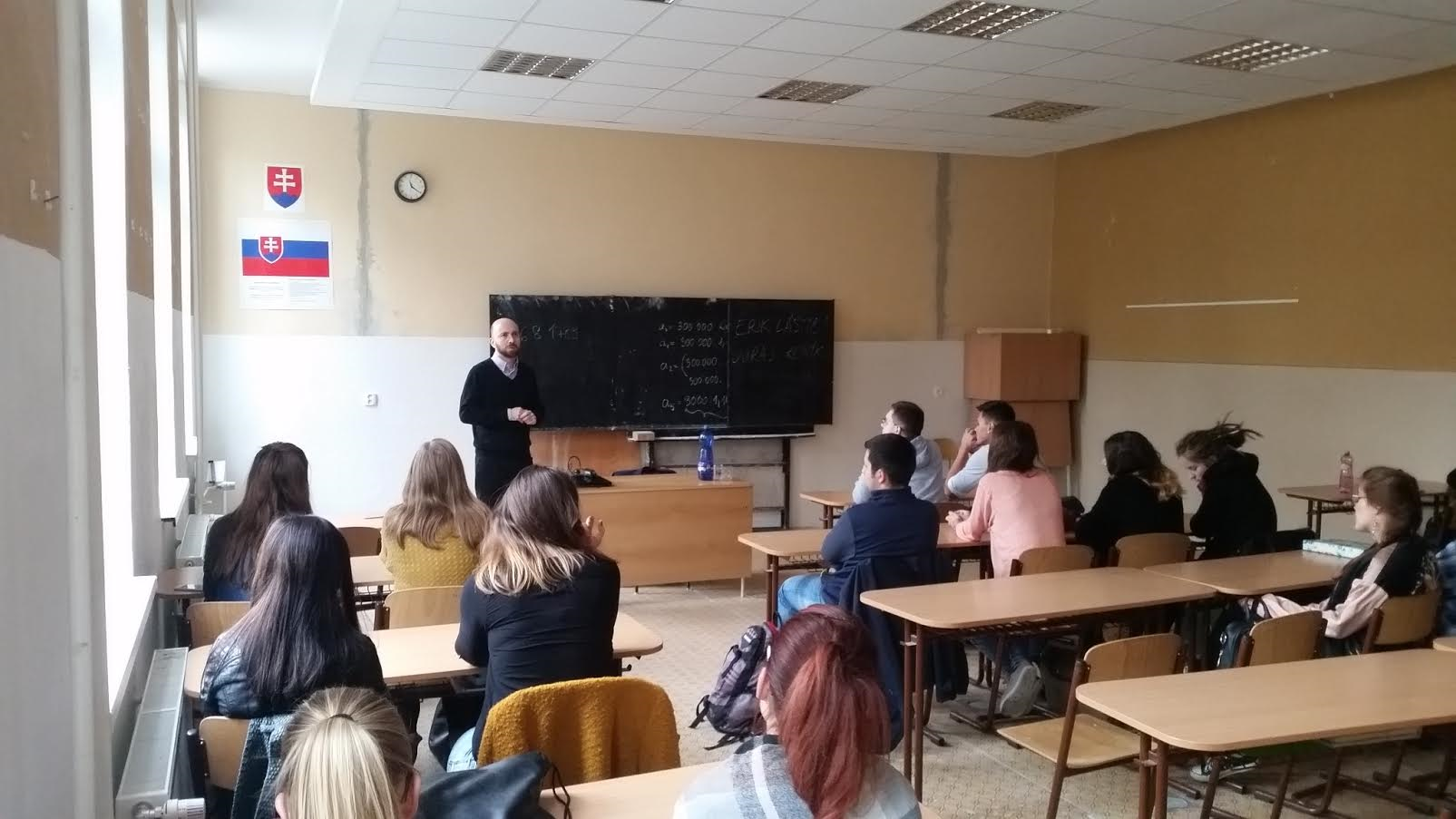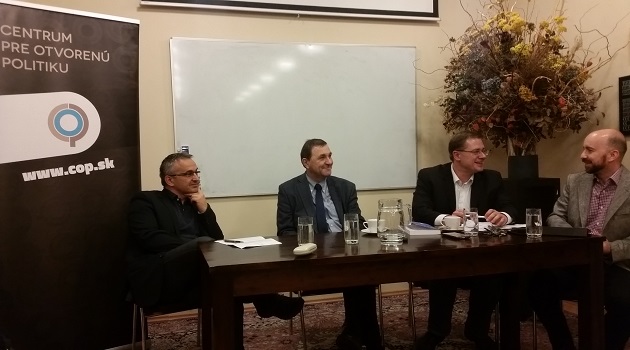Ivan Krastev: Eastern Europe’s Compassion Deficit
COMMENTING on the flow of migrants making their way through Hungary to Austria and Germany, a Hungarian journalist told me recently: “We don’t have cities anymore. Only an extended railway station.”
Twenty years ago, Hungary and its Eastern European neighbors were transitional, post-Communist societies, and several — Bulgaria, Macedonia, Serbia — still are. Now, overnight, these transitional countries have become transit countries. As a result, along with the influx of hundreds of thousands of migrants, Europe must also worry about the wedge that the crisis is driving between its eastern and western halves.
The “truck of shame” in Austria and the scenes of drowned migrants have forced a wave of compassion in many Western European countries. In Germany, 60 percent of the public supports its government’s giving shelter to as many as 800,000 refugees, equal to almost 1 percent of the country’s population.
Yet in Eastern Europe the public remains unmoved, and leaders there have lambasted Brussels’s decision to redistribute refugees among European Union member states. Majorities in the transit countries support building walls on their borders; a recent poll in the Czech Republic shows that 44 percent insist that the government not spend even one additional koruna to help the migrants.
Prime Minister Robert Fico of Slovakia went further, asserting that 95 percent of the asylum seekers are not refugees at all but economic migrants, and that his country would be ready to accept only Christians. Perhaps most appalling, a leaked email from the Hungarian national television network asked journalists to avoid showing images of the children of migrants. Images of suffering children, the Hungarian government seems to fear, will soften their people’s hearts and bring about, heaven forbid, compassion.
What’s the matter with Eastern Europe? Just three decades ago, “Solidarity” was its symbol. Today, a more appropriate symbol would be a bumper sticker reading “Eastern Europe: Where Donald Trump comes off looking good.”
The short answer is disappointment, distrust, demography and democracy.
What came after Communism and liberal reforms was pervasive cynicism. Faced with an influx of migrants and haunted by economic insecurity, many Eastern Europeans feel betrayed by their hope that joining the European Union would mean the beginning of prosperity and an end to crisis, while many government leaders fear that the only way to regain political support is by showing that you care for your own, and not a whit for the aliens.
Eastern Europeans believe that they are the ones to be helped, that this was part of the promise of unification. Being poorer than Western Europeans, they point out, how can anyone expect solidarity from us? We were promised tourists, not refugees.
But it’s not just a matter of self-pity. Despite living at the crossroads of Europe and Asia, Russia and the Middle East, many Eastern Europeans are incurious and insular. Bulgarian television never had the money nor the interest to send reporters to places like Syria, a move that might have brought home the apocalyptic dimensions of what is happening there. Africa is totally absent in our political geography.
As a result, fear of Islam, terrorism, rising criminality and a general anxiety over the unfamiliar are at the core of the moral panic provoked by the influx of migrants.
Curiously, demographic panic is one of the least discussed factors shaping Eastern Europeans’ behavior. But it is a critical one. According to United Nations projections, Bulgaria’s population is expected to shrink 27 percent by 2050. The alarm of “ethnic disappearance” could be felt in many of the small nations of Eastern Europe.
For them the coming of the migrants signals their exit from history, and the popular argument that aging Europe needs migrants only strengthens the growing sense of existential melancholy. When you watch on television the scenes of elderly locals protesting the settling of refugees in their depopulated villages where no child was born in the last decades, your heart breaks for both sides — the refugees, but also the old, lonely people who have seen their worlds melt away.
The failed integration of the Roma also contributes to this compassion deficit. Eastern Europeans fear foreigners because they mistrust the capacity of the state to integrate the “others” already in their midst. And the fact that Eastern European states are democracies doesn’t make the situation easier. What we see is not a lack of solidarity; what we see is a clash of solidarities: national, ethnic and religious solidarity chafing against our obligations as human beings.
It has become clear that the migration crisis is existentially more threatening to the European Union than either the euro crisis or Russia’s annexation of Crimea. Donald Tusk, the president of the European Council, openly warns against the dangerous divide between the East and the West of Europe.
That said, compassion is not enough to solve the migration problems overwhelming Europe. Some years ago, the Hungarian philosopher and former dissident Gaspar Miklos Tamas observed that the Enlightenment, in which the idea of the European Union is intellectually rooted, demands universal citizenship. But universal citizenship requires one of two things to happen: Either poor and dysfunctional countries become places in which it is worthwhile to become a citizen, or Europe opens its borders to everybody.
Neither of these things, it is increasingly obvious, will transpire. Building a Statue of Liberty on Lampedusa will hardly be enough to deal with the problem. Libya and Syria are frustrating examples: Neither the European intervention in Libya nor its nonintervention in Syria have been able to stop the wars in Europe’s neighborhood. Torn between its moral obligation to help others in extreme need and the practical impossibility of helping everybody, Europe will be forced to take some and expel others.
It is deeply distressing to see Eastern European societies and governments claiming that it is morally right to shut their doors to those running from death. The compassion deficit highlights the much deeper crisis at the heart of the European project.
(The New York Times 8. 9. 2015 http://www.nytimes.com/2015/09/09/opinion/eastern-europes-compassion-deficit-refugees-migrants.html?_r=0 )







